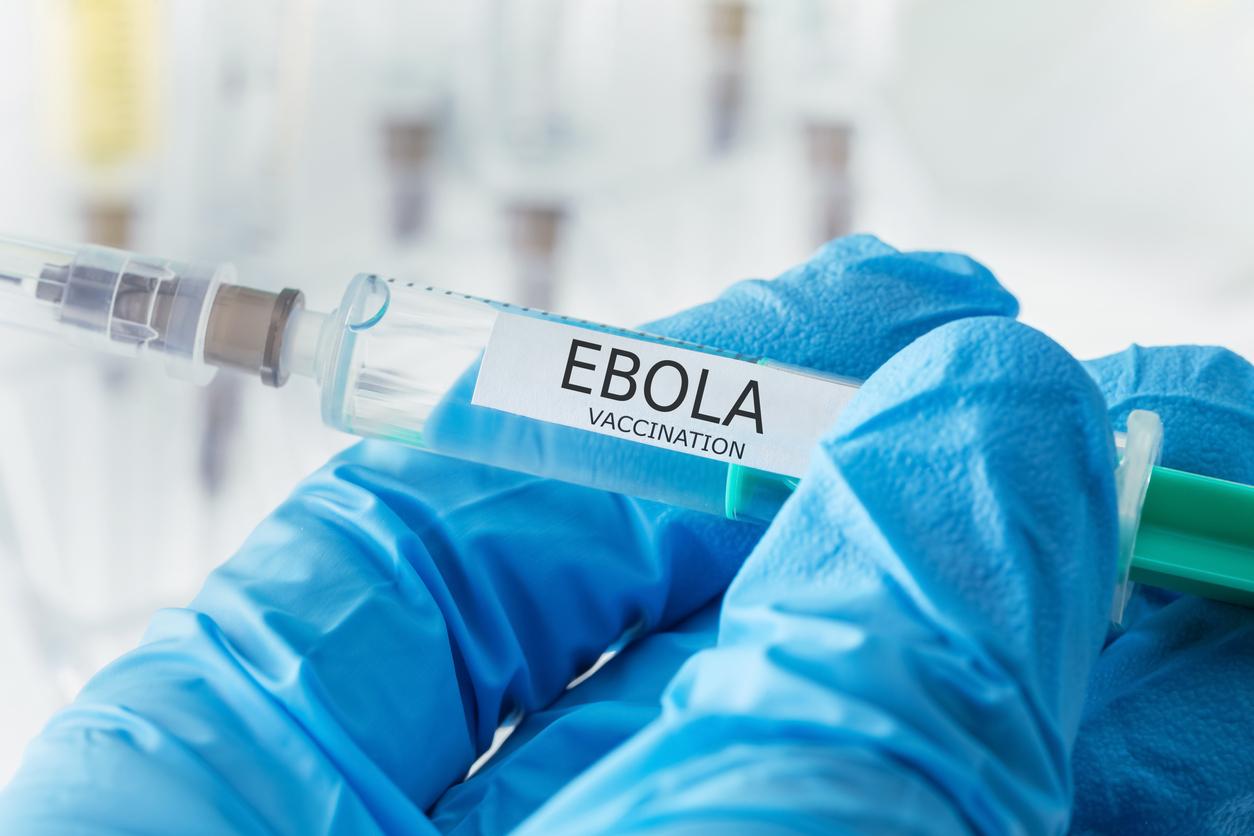There is currently no approved vaccine to prevent Ebola fever, although some vaccines have reached late stages of development. The National Institute of Health and Medical Research (Inserm) in France, the National Institutes of Health of the United States and the Faculty of Hygiene and Tropical Medicine in London (Great Britain), in collaboration with health authorities in Guinea and Liberia are therefore launching a new large-scale clinical trial involving candidate vaccines against Ebola, under the aegis of the international PREVAC consortium (Partnership for Research on Ebola VACcination, a partnership for research on vaccination against Ebola).
5,000 adults and children will test the vaccines
This trial aims to identify the most promising vaccination strategies to protect people from Ebola fever, in order to prevent or quickly control a future epidemic.
More than 5,000 adults and children living in West African countries, close to the epicenter of the 2014-2016 Ebola fever epidemic, will be recruited.
The trial will compare three Ebola vaccination strategies to a placebo. It will be carried out in two stages, the first taking place in Guinea and Liberia.
During this first step, the trial will evaluate one of three strategies which consists of a primary vaccination followed by a booster, combining two different vaccines (one manufactured by Janssen and the other by Bavarian Nordic). It will be compared to a placebo vaccine.
In the second phase, which is expected to start in the second half of 2017, the trial will evaluate the three vaccination strategies, thus including two other strategies involving the vaccine from Merck Sharp & Dohme, Corp.
The PREVAC trial will assess the speed, intensity and duration of immune reactions generated by different vaccination strategies, as well as the safety and tolerance of different vaccines, particularly in children.
How does a preventive vaccine work?
Preventive vaccination generally involves the administration of an attenuated or inactivated form of an infectious agent (or one or more of its components) to a healthy person. The aim is to trigger an immune reaction that involves the development of “memory” cells of the immune system capable of immediately recognizing the pathogen if it subsequently infects the person.
Read also :
Ebola virus is also transmitted through semen
Ebola: a study on the long-term effects of the virus
















